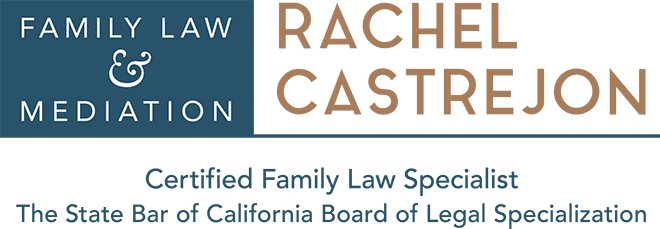Business Valuations in California Divorce Cases

Business Valuation Methodologies in California Divorce Cases
Divorce proceedings can be complex, particularly when a business is involved. In California, a community property state, business valuation is a critical step in determining the fair division of assets. Whether a business is jointly owned or one spouse operates it independently, its valuation must be conducted accurately and fairly. This blog explores the primary business valuation methodologies used in California divorce cases and their implications.
Why Business Valuation Matters in Divorce
In California, marital property, including businesses started or significantly grown during the marriage, is typically considered community property. This means both spouses have a legal right to a fair division of the business’s value. Determining this value requires applying sound valuation methodologies.
Key Business Valuation Methods
There are three main approaches to business valuation in California divorce cases:
1. Income Approach (Capitalization of Earnings or Discounted Cash Flow)
The income approach focuses on the business’s ability to generate future income. This method is particularly useful for professional practices and businesses with stable cash flows.
- Capitalization of Earnings Method: This approach evaluates the company’s past earnings and applies a capitalization rate to estimate future earnings.
- Discounted Cash Flow (DCF) Method: This method projects future earnings and discounts them to their present value using an appropriate discount rate.
💡 Best for: Businesses with consistent revenue streams or professional practices.
2. Market Approach (Comparable Sales Method)
The market approach determines value by comparing the business to similar ones that have recently been sold. Business brokers, financial analysts, or valuation experts examine comparable market transactions to estimate the business’s fair market value.
- Factors such as industry trends, revenue size, and geographic location impact valuation.
- This method is most applicable for businesses where sufficient market data is available.
💡 Best for: Retail, service, or franchise businesses with comparable market sales data.
3. Asset Approach (Book Value or Adjusted Net Asset Method)
The asset approach values a business based on the worth of its tangible and intangible assets, minus liabilities.
- Book Value Method: Uses the company’s balance sheet to assess assets and liabilities.
- Adjusted Net Asset Method: Adjusts the book value of assets and liabilities to reflect their true market value.
💡 Best for: Businesses with significant tangible assets, such as manufacturing or real estate holdings.
Challenges in Business Valuation for Divorce
- Personal vs. Business Goodwill: In professional practices, courts distinguish between personal goodwill (tied to an individual) and enterprise goodwill (tied to the business itself). Only enterprise goodwill is typically considered community property.
- Discrepancies in Valuation: Spouses may present conflicting valuations, requiring expert testimony to reconcile differences.
- Hidden Assets or Income: A spouse may attempt to undervalue the business or hide assets, making forensic accounting necessary.
The Role of Experts in Business Valuation
Due to the complexity of business valuation, divorce courts in California often rely on financial experts such as:
- Experienced Family Law Attorney to help analyze the need for a business valuation and choose the right expert to prepare the business valuation.
- Forensic Accountants to investigate financial records and ensure accuracy.
- Business Valuation Experts to apply the appropriate valuation methodologies.
- Certified Public Accountants (CPAs) with expertise in business valuation.
Final Thoughts
Determining the value of a business in a California divorce requires careful analysis and professional expertise. The chosen valuation method depends on the business type, industry, and financial circumstances. Seeking legal and financial guidance ensures that the valuation is accurate and supports a fair division of assets.
If you’re facing a divorce and own a business, consulting with experienced attorneys and financial experts can help you navigate this complex process and protect your financial interests.
